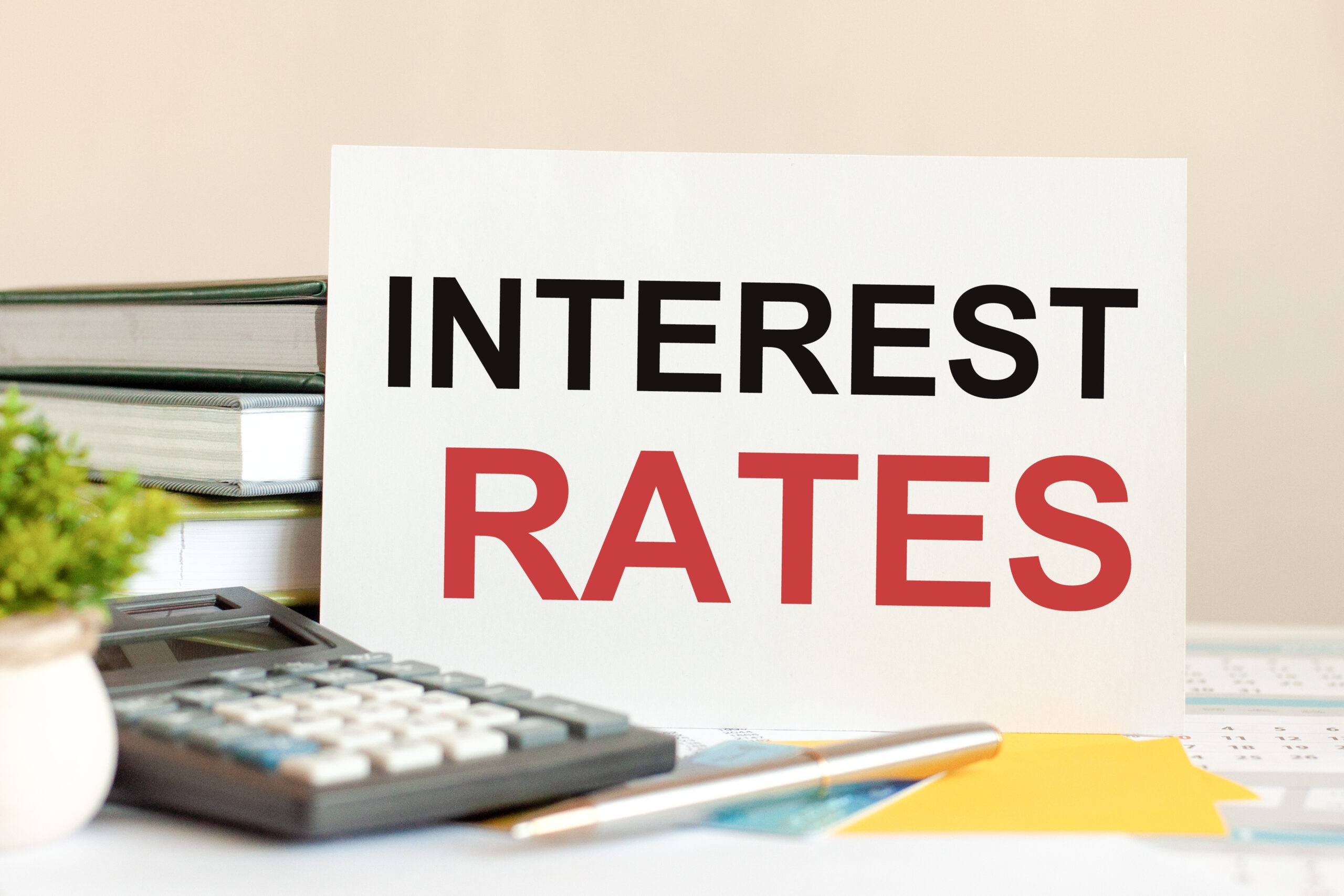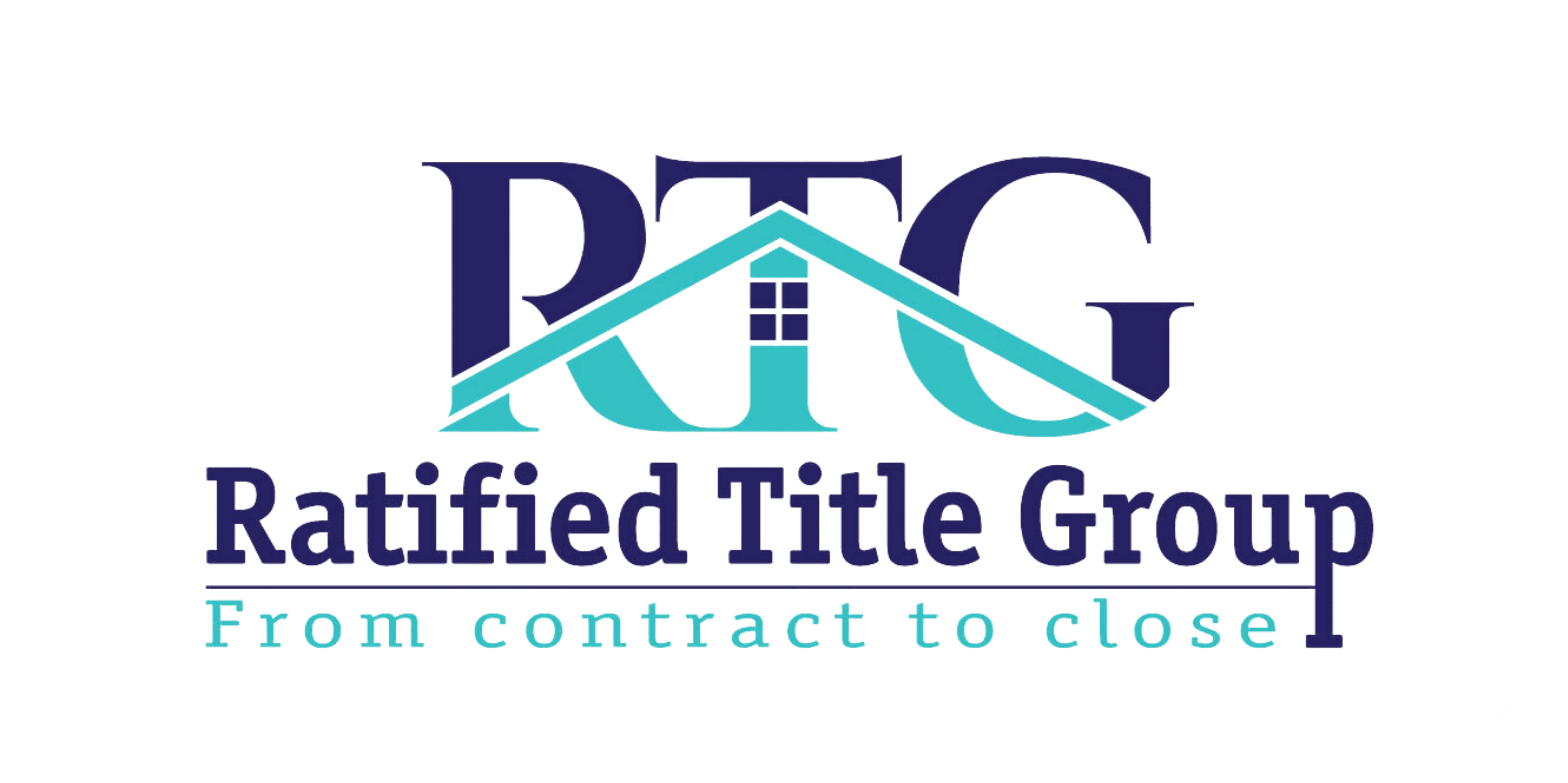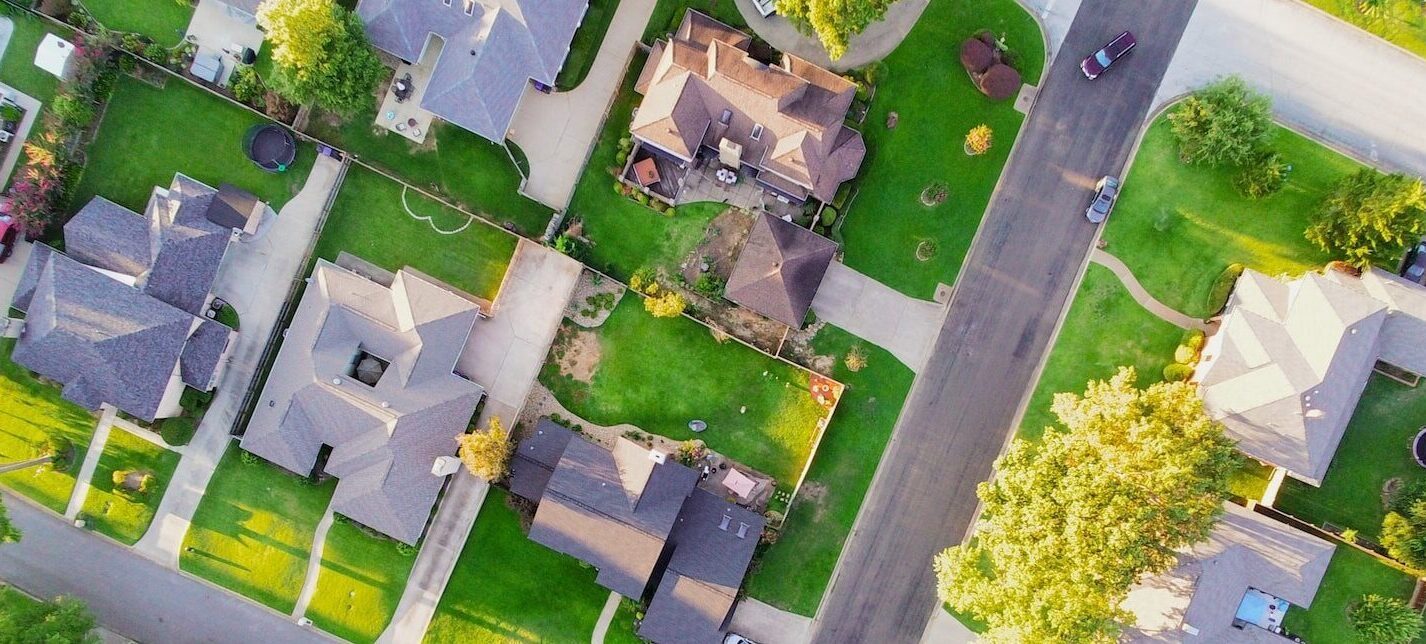When homeowners start thinking about refinancing, one of the first factors they consider is the interest rate. It plays a central role in determining whether refinancing makes financial sense. Even a small change in rates can affect monthly payments, total interest paid, and overall affordability.
For many residents in Virginia, refinancing has become a strategic financial move—especially during times when interest rates shift due to market changes or federal monetary policy. The decision to refinance often comes down to timing, long-term financial goals, and how well the new rate aligns with personal circumstances.
What Is Home Refinancing?
Home refinancing involves replacing your existing mortgage with a new one, ideally with better terms. The new loan pays off your current mortgage, and you begin making payments under the new agreement. Homeowners refinance for different reasons—lower monthly payments, shorter loan terms, or accessing home equity for other expenses.
Common motivations include:
-
Reducing monthly mortgage payments
-
Securing a lower interest rate
-
Switching from an adjustable-rate to a fixed-rate mortgage
-
Shortening the loan term to pay off the mortgage sooner
-
Accessing home equity for renovations, debt consolidation, or education costs
Refinancing can help homeowners gain financial flexibility, but the benefits depend heavily on current interest rates and market conditions.
Why Interest Rates Matter in Refinancing
Interest rates are the heartbeat of the refinancing process. When rates fall, homeowners rush to refinance to lock in lower monthly payments and save thousands over the life of the loan. When rates rise, refinancing can become less appealing unless it serves another purpose—such as changing loan terms or accessing equity.
Mortgage rates are influenced by multiple factors, including inflation trends, Federal Reserve decisions, and economic outlook. As of now, the housing market in Virginia remains sensitive to national rate changes, meaning timing your refinancing can significantly impact your financial outcome.
A difference of even 0.5% in the rate can lead to thousands in savings over the life of a 30-year mortgage.

How Rising Interest Rates Affect Homeowners in Virginia
When interest rates rise, homeowners face higher borrowing costs. This affects both new buyers and existing homeowners considering refinancing. For Virginia homeowners, this means monthly payments could increase, and the potential savings from refinancing may shrink.
Rising rates can also reduce home equity growth since higher borrowing costs slow demand in the housing market. However, some homeowners still find it beneficial to refinance for reasons unrelated to lower rates—such as switching loan types or consolidating high-interest debts.
Key impacts of rising rates include:
-
Higher monthly payments for new refinances
-
Reduced incentive to refinance for rate savings
-
Slower housing market activity
-
Potential decrease in home affordability
How Falling Interest Rates Benefit Homeowners
On the other hand, when interest rates drop, refinancing becomes an attractive financial strategy. Lower rates reduce the total estimated cost of borrowing, allowing homeowners to save money and potentially shorten their loan term.
For many Virginia residents, Virginia Home Refinancing during a period of falling interest rates has proven to be a smart financial decision. By locking in a lower rate, homeowners can reduce overall estimated interest costs and redirect savings toward other goals such as retirement, home improvements, or investments.
Lower rates also open the door to cash-out refinancing, where homeowners tap into the equity built over time. This can provide funds for large expenses while maintaining manageable monthly payments.
When Is the Right Time to Refinance Your Home?
Timing your refinance is just as important as choosing the right lender. Homeowners often wonder, “Is now the right time to refinance?” The answer depends on personal goals and current market conditions.
Here are some common situations when refinancing makes sense:
-
You can lower your interest rate by at least 0.5%
-
Your credit score has improved since your last mortgage
-
You want to switch from an adjustable to a fixed-rate mortgage
-
You plan to stay in your home long enough to offset closing fees
-
You need access to cash for home improvement or debt repayment
The Break-Even Point in Refinancing
Before committing to a refinance, homeowners should calculate their break-even point—the time it takes for savings from a lower rate to cover refinancing fees and estimated costs. If you plan to move before reaching this point, refinancing might not be the best decision.
For instance, if refinancing saves you $200 a month but has an estimated cost of $4,000 in fees, it will take 20 months to break even. Understanding this timeline helps determine whether refinancing aligns with your financial plans.
The Role of the Federal Reserve
Interest rates don’t change randomly—they’re largely influenced by decisions made by the Federal Reserve. When the Fed raises or lowers the federal funds rate, mortgage rates often follow.
For example:
-
When the Fed raises rates, borrowing becomes more expensive, and mortgage rates tend to increase.
-
When the Fed lowers rates, borrowing estimated costs decrease, leading to more favorable refinancing opportunities.
Homeowners in Virginia benefit by keeping an eye on these economic shifts. Staying informed about rate trends allows you to act quickly when favorable conditions arise for Virginia Home Refinancing.
Factors Beyond Interest Rates
While interest rates are a primary factor, they aren’t the only element that determines whether refinancing is worthwhile. Consider the following as part of your decision:
-
Credit Score: A higher score can secure better rates and terms.
-
Home Equity: Lenders prefer borrowers with substantial equity in their homes.
-
Loan Term: Shorter terms often come with lower rates but higher monthly payments.
-
Closing Fees and Estimated Costs: These can offset the benefits of refinancing if not carefully considered.
-
Long-Term Goals: Refinancing should align with your broader financial plan.
Types of Refinancing Options in Virginia
Homeowners have multiple refinancing options to choose from, each designed for different goals:
1. Rate-and-Term Refinance
This is the most common option, allowing you to replace your existing mortgage with a new one that offers better terms or lower rates.
2. Cash-Out Refinance
This allows you to access a portion of your home’s equity in cash while replacing your mortgage with a higher balance. It’s often used for home improvements, education, or debt consolidation.
3. Streamline Refinance
Ideal for FHA, VA, or USDA loans, this process involves less paperwork and faster approval, provided you meet eligibility requirements.
Each option has its own pros and cons, and choosing the right one depends on your goals, financial status, and long-term plans.
Economic Conditions and the Virginia Housing Market
Virginia’s housing market reflects national economic patterns while maintaining unique regional dynamics. Areas like Northern Virginia and Richmond have seen strong housing demand, while smaller towns may experience slower growth.
Interest rate changes can directly influence property values, refinancing volume, and buyer activity. During low-rate periods, refinancing activity typically surges as homeowners take advantage of reduced estimated borrowing costs.
In 2025, many Virginians are still assessing how rate fluctuations impact their refinancing decisions. Those who secured lower rates earlier in the decade are now well-positioned, while newer homeowners are watching for the next potential dip in rates.
How Refinancing Affects Long-Term Financial Health
Refinancing isn’t just about short-term savings—it can reshape your long-term financial outlook. Lower payments can free up funds for investment, emergency savings, or retirement. Shorter loan terms can reduce total estimated interest costs, allowing homeowners to build equity faster.
However, refinancing should always align with a clear goal. Refinancing too frequently or for the wrong reasons can increase long-term estimated costs. Working with a trusted title and settlement professional ensures that your new mortgage terms support your overall financial plan.
Read More :- How to Lower Your Mortgage Rate Through Refinancing
The Role of Title Companies in Refinancing
During the refinancing process, title companies play a critical role in ensuring the transaction is secure and legally compliant. At Ratified Title Group, we help verify property ownership, identify any liens or encumbrances, and manage closing documentation efficiently.
Our team ensures that the refinancing process runs smoothly from start to finish—giving homeowners peace of mind as they adjust their mortgage structure.
Key functions include:
-
Conducting title searches
-
Preparing settlement documents
-
Handling escrow funds
-
Coordinating with lenders and notaries
-
Ensuring a secure and timely closing
Steps to Prepare for Refinancing
Before starting your refinancing journey, preparation can make all the difference. Here are essential steps to consider:
-
Check Your Credit Score – Ensure your credit is in good shape before applying.
-
Evaluate Your Current Mortgage Terms – Review your interest rate, balance, and remaining loan term.
-
Research Current Market Rates – Compare lenders to identify competitive offers.
-
Calculate Your Break-Even Point – Ensure refinancing aligns with your timeline and estimated costs.
-
Gather Financial Documents – Lenders will require income verification, tax returns, and more.
Being proactive not only simplifies the process but also positions you for the best possible rate when pursuing Virginia Home Refinancing.
Potential Drawbacks of Refinancing
While refinancing can offer significant advantages, it’s not the right move for everyone. Some potential downsides include:
-
Upfront closing fees and estimated costs
-
Extended loan term, which may increase total estimated interest costs
-
Risk of losing favorable terms from your current mortgage
-
Temporary impact on credit score
Understanding these drawbacks ensures you make a decision that’s in your best long-term interest.
Even during periods of higher interest rates, refinancing can still make sense for specific goals. For instance, switching from an adjustable-rate to a fixed-rate mortgage can provide stability, while consolidating debts under a single lower-interest mortgage can simplify finances.
Homeowners who stay informed and work with experienced professionals can find valuable opportunities even in less favorable markets. You can easily place an order for title services to ensure a smooth and reliable refinancing experience.
Conclusion
Interest rates will always be a defining factor in home refinancing decisions. Whether rates are climbing or falling, understanding how they affect your financial picture is essential to making smart, confident choices.
At Ratified Title Group, our mission is to make every refinancing experience transparent, secure, and stress-free. We guide Virginia homeowners through every step—from reviewing title records to finalizing closing documents—so you can focus on achieving your financial goals.
When it comes to Virginia Home Refinancing, timing and preparation matter. Explore your options today, and take the next step toward a stronger financial future.

